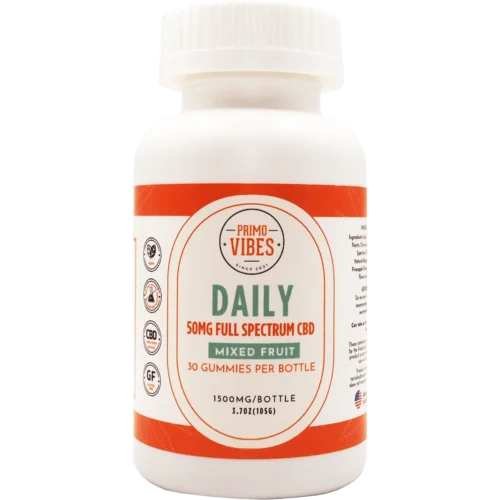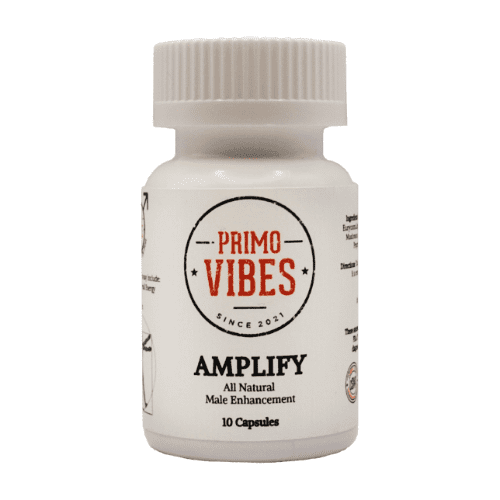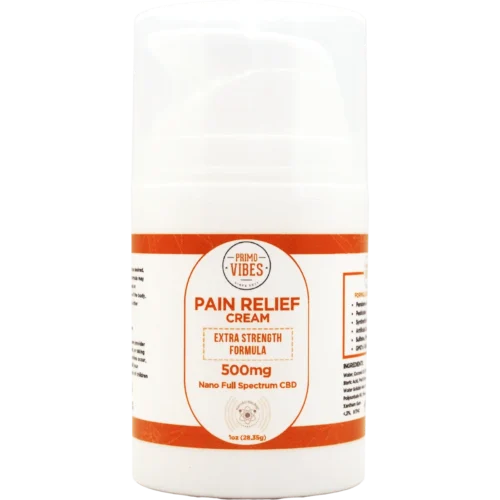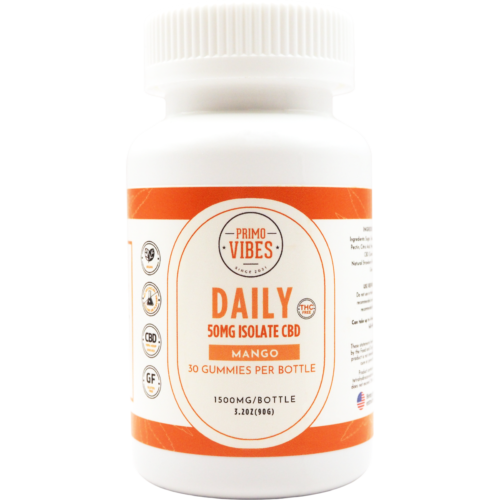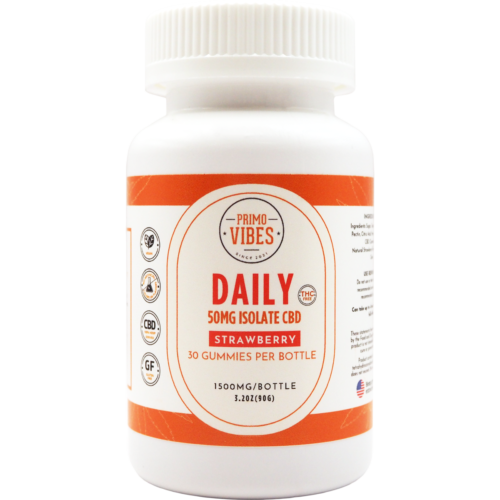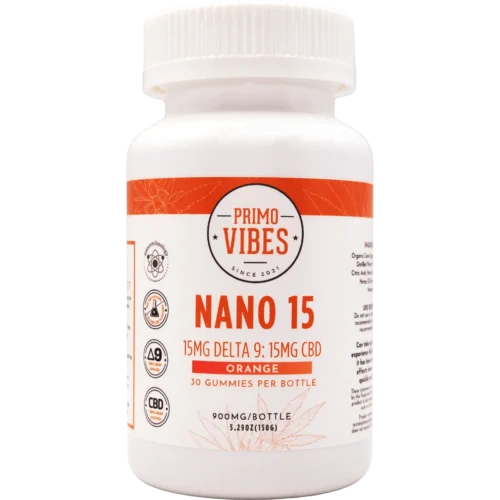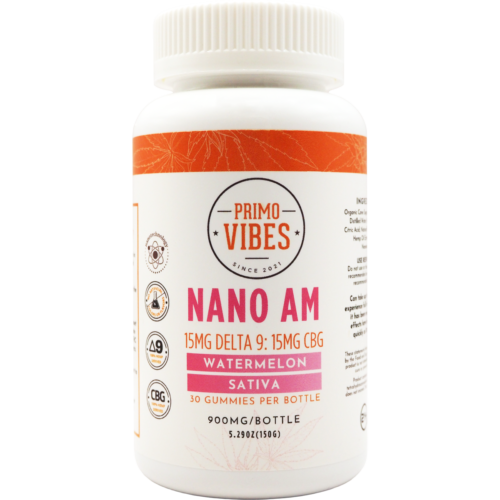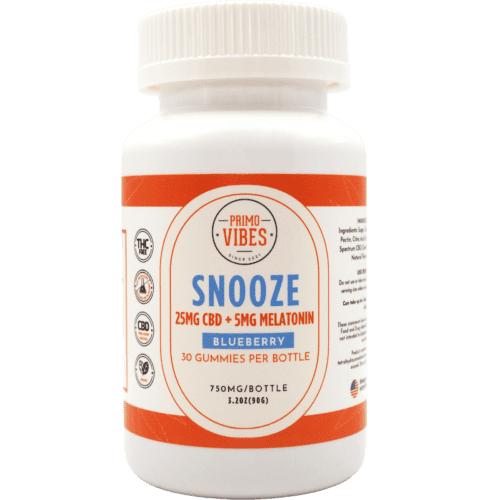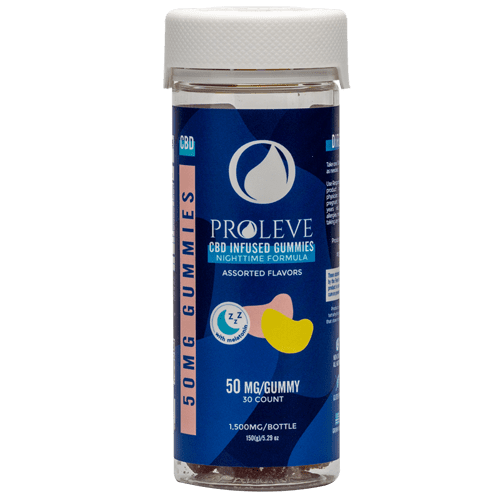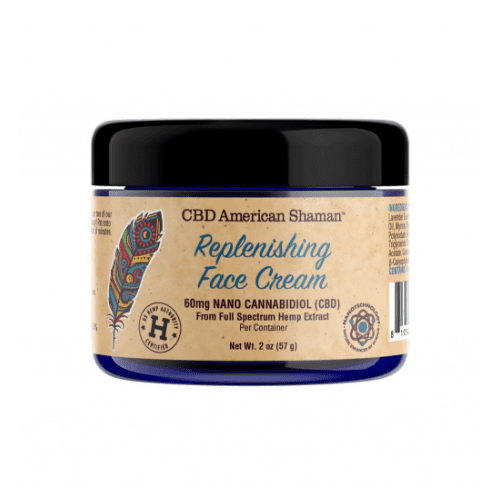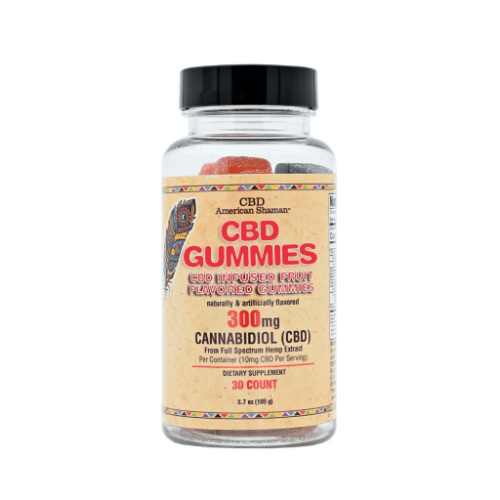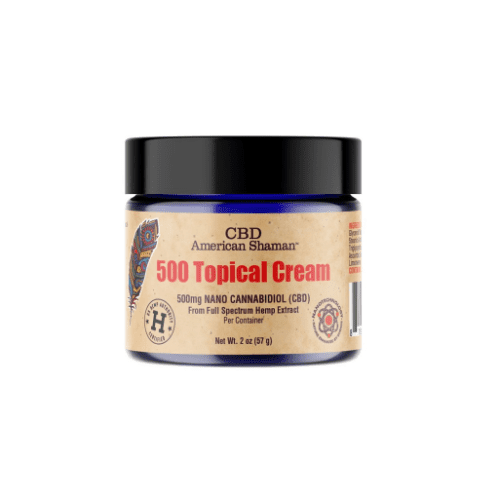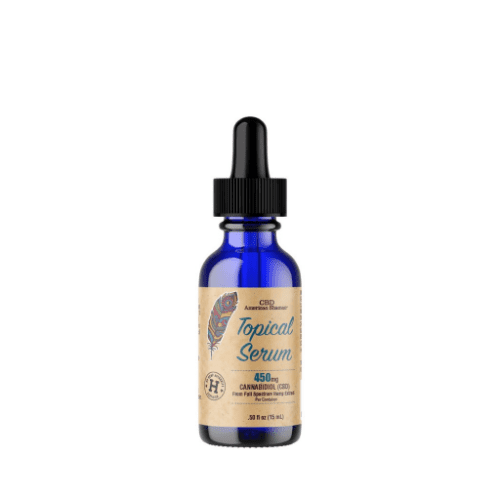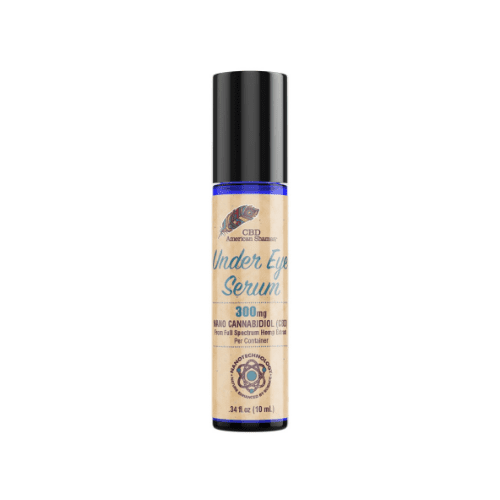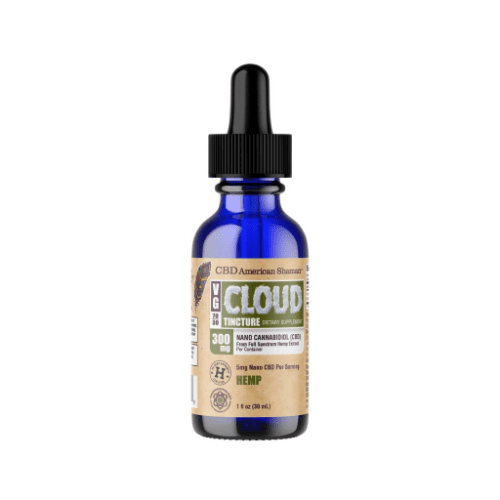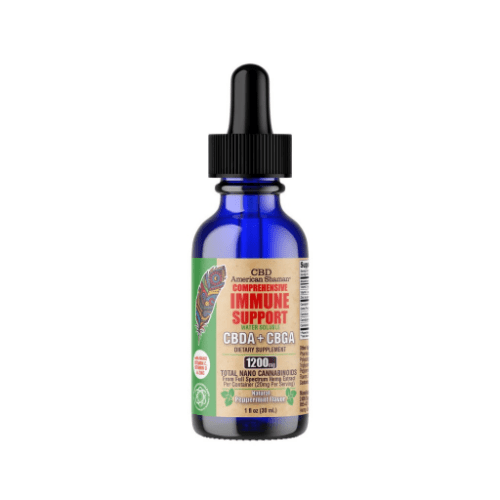Understanding CBD Products: A Comprehensive Guide to Cannabidiol and Its Uses
In recent years, CBD (cannabidiol) products have taken the wellness industry by storm, offering consumers a natural alternative for managing various health conditions. From oils and tinctures to edibles and topicals, CBD products come in a wide variety of forms, promising benefits that range from pain relief to anxiety reduction. As the CBD market continues to grow, it is important to understand what CBD is, how it works, and the types of products available to consumers. This comprehensive guide will dive into the science behind CBD, its potential benefits, and the different CBD products available on the market.
What Is CBD?
Cannabidiol (CBD) is one of over 100 chemical compounds known as cannabinoids that are found in the cannabis plant. Unlike its more famous counterpart, THC (tetrahydrocannabinol), CBD does not produce a psychoactive “high.” This makes CBD an attractive option for individuals seeking the therapeutic benefits of cannabis without the mind-altering effects.
CBD is primarily derived from hemp, a strain of cannabis that contains less than 0.3% THC. This distinction is important because while marijuana remains illegal in many places, hemp-derived CBD is legal in much of the world. The 2018 Farm Bill in the United States, for instance, legalized the production and sale of hemp-derived CBD products, provided they meet the THC threshold.
How Does CBD Work?
CBD interacts with the body’s endocannabinoid system (ECS), a complex network of receptors, enzymes, and endocannabinoids that helps regulate functions such as mood, sleep, pain, and immune response. The ECS is responsible for maintaining homeostasis, or balance, within the body. While THC binds directly to the CB1 receptors in the brain to produce its psychoactive effects, CBD works more indirectly. It interacts with CB1 and CB2 receptors, influencing how the body processes pain, inflammation, and stress, without producing a high.
CBD is also believed to interact with serotonin receptors, which play a key role in mood regulation. This is one reason CBD is often used as a natural remedy for anxiety and depression.
Potential Benefits of CBD Products
CBD has garnered attention for its potential therapeutic benefits. Although research is still in its early stages, several studies and anecdotal evidence suggest that CBD may offer a range of health benefits:
- Pain Relief: CBD is widely used for its analgesic properties. Studies suggest that CBD may help reduce chronic pain by influencing the endocannabinoid system and interacting with neurotransmitters. It is commonly used for conditions like arthritis, multiple sclerosis, and fibromyalgia.
- Anxiety and Depression: One of the most popular uses of CBD is for anxiety management. Studies indicate that CBD may help reduce anxiety in individuals with social anxiety disorder, post-traumatic stress disorder (PTSD), and generalized anxiety. Additionally, CBD may have antidepressant-like effects by increasing serotonin levels in the brain.
- Sleep Aid: CBD has shown promise as a sleep aid, particularly for individuals with insomnia or sleep disturbances caused by anxiety or chronic pain. CBD’s relaxing effects may promote better sleep quality and help users fall asleep faster.
- Anti-Inflammatory Properties: Inflammation is a root cause of many chronic diseases, including heart disease, diabetes, and autoimmune disorders. CBD is known for its anti-inflammatory effects and is used to manage inflammatory conditions such as arthritis and inflammatory bowel disease (IBD).
- Neuroprotective Properties: Preliminary research suggests that CBD may have neuroprotective properties, making it potentially beneficial for conditions like epilepsy and neurodegenerative diseases such as Alzheimer’s and Parkinson’s. In fact, the FDA has approved a CBD-based medication called Epidiolex for the treatment of certain types of epilepsy.
- Skin Health: Topical CBD products are becoming increasingly popular in skincare due to their potential anti-inflammatory and antioxidant properties. CBD may help reduce acne, soothe irritated skin, and promote overall skin health.
Types of CBD Products
CBD is available in a variety of forms, each offering different benefits depending on how they are consumed. Here are some of the most common types of CBD products:
1. CBD Oils and Tinctures
CBD oils and tinctures are among the most popular ways to consume CBD. These liquid extracts are taken sublingually (under the tongue) for quick absorption into the bloodstream. Oils and tinctures offer flexibility in dosing, making them a popular choice for individuals who require precise control over their CBD intake. They come in various strengths and are typically mixed with a carrier oil like coconut or hemp seed oil.
2. CBD Edibles
CBD edibles, such as gummies, chocolates, and beverages, offer a tasty and discreet way to consume CBD. Edibles are processed through the digestive system, meaning they take longer to kick in (typically 30 minutes to two hours) but provide longer-lasting effects. This makes them ideal for individuals looking for sustained relief from pain, anxiety, or sleep issues.
3. CBD Capsules and Softgels
CBD capsules and softgels are a convenient and consistent way to take CBD. They offer pre-measured doses, making it easier to track daily intake. Capsules are ideal for individuals who prefer a tasteless option and are often used as part of a daily wellness routine.
4. CBD Topicals
CBD topicals include creams, lotions, balms, and salves that are applied directly to the skin. These products are commonly used for localized pain relief and skin conditions. Because CBD does not enter the bloodstream when applied topically, these products are ideal for targeting specific areas of pain, inflammation, or irritation.
5. CBD Vapes
CBD vapes provide a fast-acting method of consumption, as the CBD is inhaled and absorbed through the lungs. This allows for near-instant relief, making vaping an attractive option for individuals seeking quick effects. However, vaping may not be suitable for everyone, especially those with respiratory issues.
6. CBD Patches
CBD patches are designed to deliver a controlled dose of CBD through the skin over an extended period. These transdermal patches offer a convenient and discreet option for long-lasting relief from pain or anxiety, making them a popular choice for individuals who require consistent dosing throughout the day.
How to Choose the Right CBD Product
With so many CBD products on the market, choosing the right one can feel overwhelming. Here are a few factors to consider when selecting a CBD product:
- Purpose: Determine what you want to achieve with CBD. For example, if you’re looking for quick relief from anxiety, a tincture or vape may be the best option. For chronic pain or sleep issues, edibles or capsules might be more effective due to their longer-lasting effects.
- Concentration: CBD products come in a range of concentrations. Beginners should start with a lower dose and gradually increase it as needed to find their optimal dose.
- Full-Spectrum vs. Isolate: Full-spectrum CBD contains a variety of cannabinoids, terpenes, and other beneficial compounds found in the hemp plant, including trace amounts of THC. Broad-spectrum CBD contains most of these compounds but is THC-free. CBD isolate is pure CBD with no other cannabinoids or compounds. Full-spectrum products may offer enhanced benefits due to the “entourage effect,” where cannabinoids work together to produce a more potent effect.
- Third-Party Testing: Always look for products that have been tested by an independent third-party lab. This ensures that the product contains the advertised amount of CBD and is free from harmful contaminants like heavy metals and pesticides.
Legal Status of CBD
The legal status of CBD varies depending on where you live. In the United States, hemp-derived CBD products containing less than 0.3% THC are legal at the federal level under the 2018 Farm Bill. However, some states have stricter regulations, so it’s important to check local laws before purchasing or using CBD products. In other countries, CBD legality can vary widely, so always verify the legal status in your region.
Potential Side Effects and Safety Considerations
CBD is generally considered safe and well-tolerated, but it can cause side effects in some individuals. Common side effects include fatigue, dry mouth, and changes in appetite or weight. CBD can also interact with certain medications, so it’s important to consult with a healthcare provider before starting CBD, especially if you are taking other medications.
Conclusion
CBD products have quickly become a popular natural remedy for a variety of health issues, from pain and inflammation to anxiety and sleep disorders. As research continues to uncover the potential benefits of CBD, more people are turning to this cannabinoid for its therapeutic properties. With a wide range of products available—oils, edibles, topicals, and more—there’s a CBD option for nearly everyone. When choosing CBD products, always prioritize quality by selecting third-party tested products and considering your individual needs and preferences. By doing so, you can safely and effectively incorporate CBD into your wellness routine.
End of content
End of content



